With the announcement on February 22, 2024, TikTok is expanding its “Add to Music app” feature to 163 more countries. This feature allows users to easily add the song playing in a clip to services like Apple Music and Spotify.
TikTok is always making new music trends that people listen to on streaming services, and it’s well-known as a great spot to find new and old music. With the new Add to Music App feature, users can quickly and easily save songs they love on TikTok to their favourite music streaming service so they can listen to them whenever they want.
In November, TikTok debuted the feature in the United States and the United Kingdom. Canada, Japan, Germany, France, Spain, Saudi Arabia, Malaysia, United Arab Emirates, Argentina, South Africa, Vietnam, and the Philippines were among the 19 additional countries that the company made available a month later. Depending on the user’s location, the feature allows them to add the song to Spotify, Apple Music, or Amazon Music.
Here is a list of some of the new regions: Albania, Antigua and Barbuda, Austria, Bangladesh, Belgium, Cameroon, Denmark, Egypt, Ghana, Guyana, Israel, Kenya, Lebanon, Maldives, Morocco, New Zealand, Norway, Pakistan, Palestine, Qatar, Sri Lanka, Switzerland, Taiwan, Tunisia, Ukraine, Uruguay, Zimbabwe, and some others.
Read also: TikTok Introduces text-based content
How to use the feature
Below the clip description and next to the track name, users can see an “Add Music” button. On the first use, they can choose their preferred music service by tapping the button. Simply go to the “Music” menu in the settings menu and choose a different default service.
By default, when users don’t specify a playlist, TikTok songs are added to a list similar to Spotify’s “Liked Songs” feature. The fact that a great deal of music discovery occurs on social media has been recognised by Spotify. In order to facilitate the addition of songs to Spotify, it has not only partnered with TikTok but also integrated with BeReal, Instagram, Snapchat, and Twitter (now X).
Previous launch by TikTok
“TikTok Music” was the name of TikTok’s new paid music streaming service that debuted in July 2023 in three countries: Australia, Mexico, and Singapore. Nearly two weeks have passed since TikTok’s music streaming service debuted in Indonesia and Brazil, and now the company is expanding.
Users can listen, download, and share music through the streaming service by syncing it with their current TikTok accounts. Major record labels’ catalogues are available through the service. These labels include Sony Music, Warner Music Group, and Universal Music Group.
Today marks the beginning of the TikTok Music closed beta test, which the company says it is extending an invitation to users in Singapore, Australia, and Mexico. The TikTok Music app, available on the App Store and Google Play, as well as online at music.tiktok.com, is required for participation. A complimentary three-month trial will be provided to everyone who takes part in the closed beta.
There was no information regarding when TikTok intends to launch the streaming service in the US shared by the company at that time. For a service known as “TikTok Music,” parent company ByteDance applied for a trademark with the United States Patent and Trademark Office more than a year ago.
The streaming service has a lot of cool features: you can listen to full versions of popular TikTok songs, get suggestions based on your taste, see lyrics as you go, make playlists with friends, import your music library, and search for lyrics. Download songs to listen to later without an internet connection with TikTok Music, which has a Shazam-like feature. Additionally, TikTok mentions that users can connect with other music lovers and express themselves through comments, so the service does have social features.
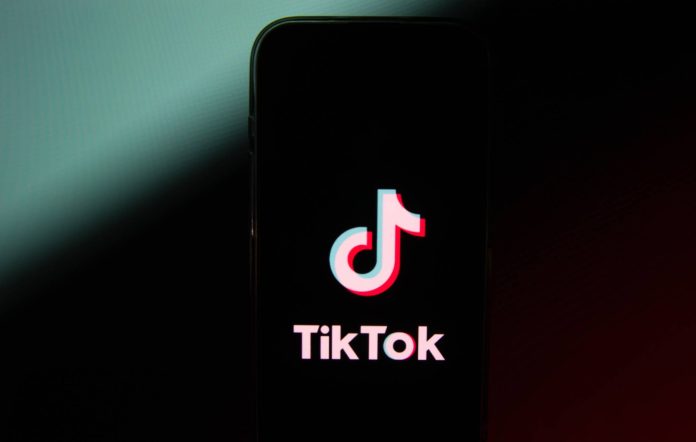

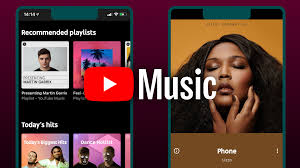
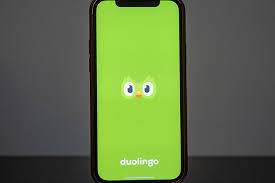
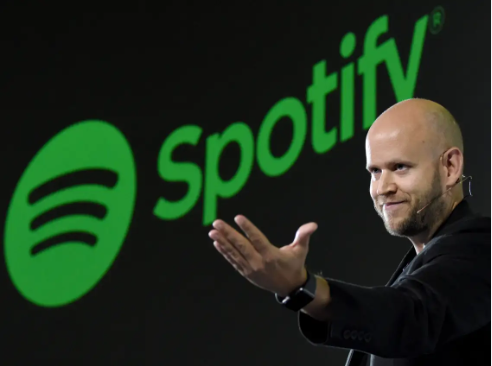
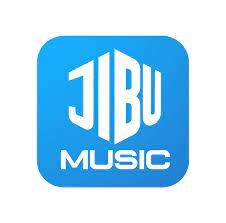
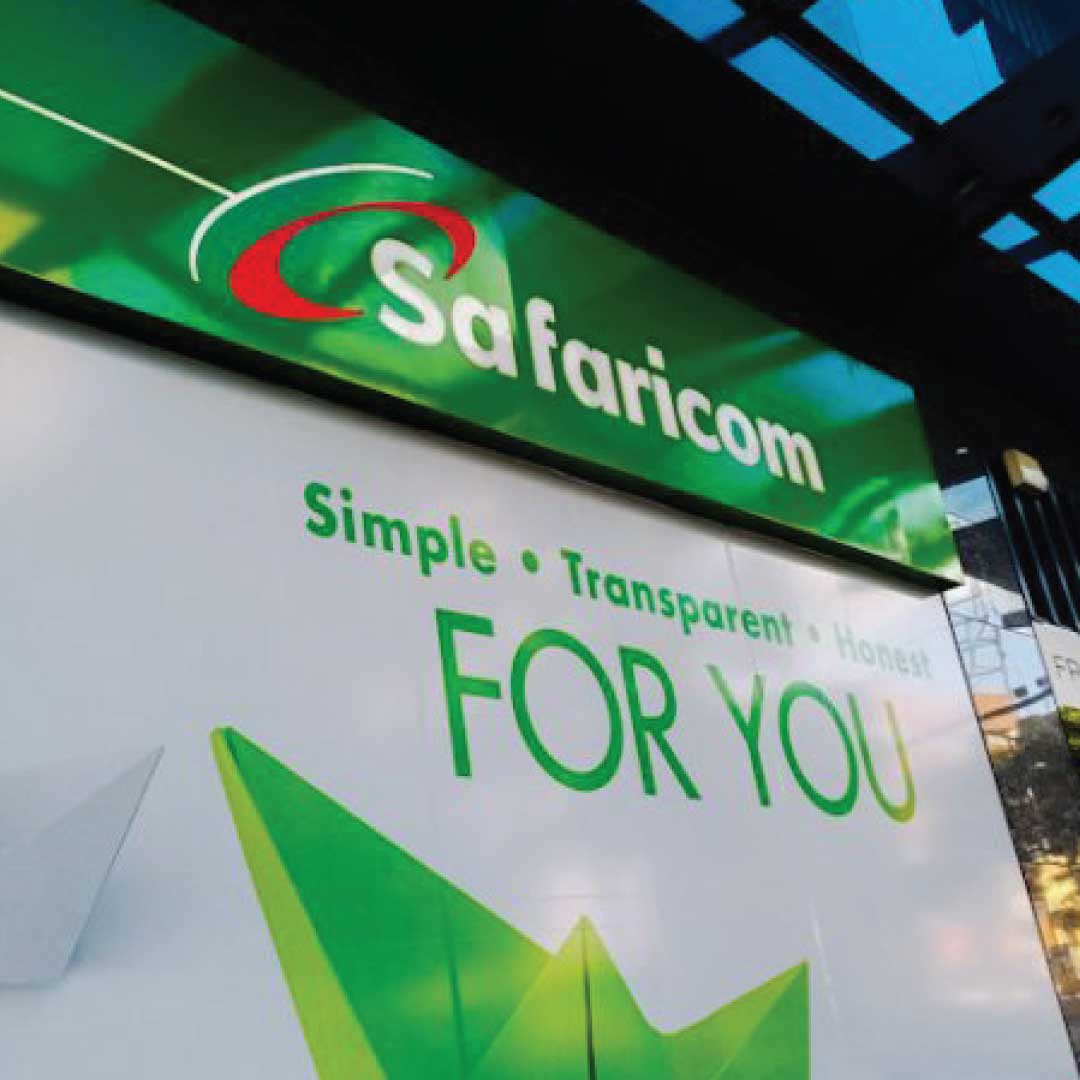
 Baze was initially launched as a subscription-based mobile-first, video-on-demand service more like
Baze was initially launched as a subscription-based mobile-first, video-on-demand service more like 
